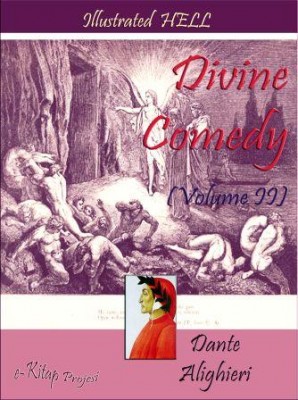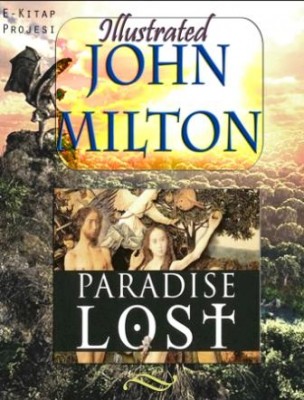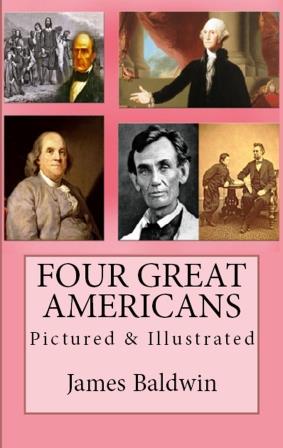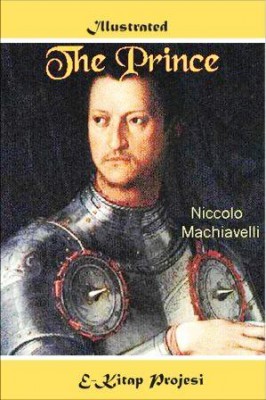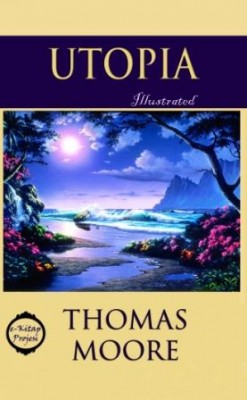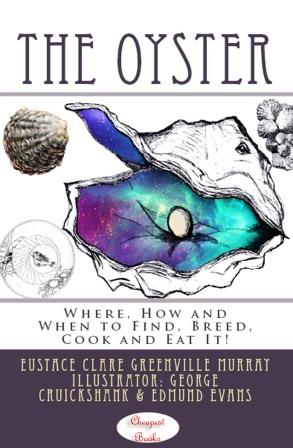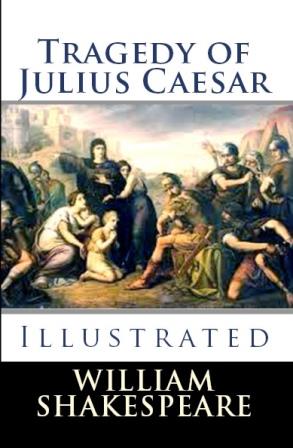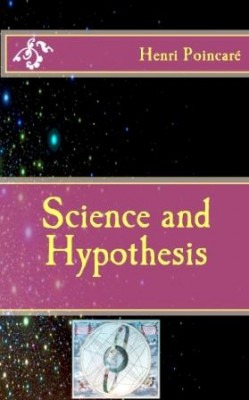More Search Results...
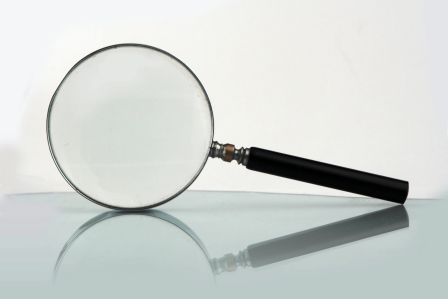
America First: “100 Stories from Our History”
WHEN children advance beyond the nursery age, no story is so wonderful as a true story. Fiction to them is never as appealing as fact. I have often been faced with the inquiry: whether or not a story is a true one. The look of gratification, when told that "it actually happened," was most satisfying to me as a story-teller.
More info →Divine Comedy (Volume II)
Readers often cannot understand how such a serious work may be called a "comedy". In Dante's time, all serious scholarly works were written in Latin, a tradition that would persist for several hundred years more until the waning years of the Enlightenment, and works written in any other language were assumed to be more trivial in nature. Furthermore, the word "comedy" in the classical sense refers to works which reflect belief in an ordered universe, in which events tended toward not only a happy or amusing ending but one influenced by a Providential will that orders all things to an ultimate good. By this meaning of the word, as Dante himself wrote in a letter to Cangrande I della Scala, the progression of the pilgrimage from Hell to Paradise is the paradigmatic expression of comedy since the work begins with the pilgrim's moral confusion and ends with the vision of God.
More info →Paradise Lost
Paradise Lost is an epic poem in blank verse by the 17th-century English poet John Milton. The first version, published in 1667, consisted of ten books with over ten thousand lines of verse(in the manner of Virgil's Aeneid) with minor revisions throughout and a note on the versification. It is considered by critics to be Milton's "major work", and helped solidify his reputation as one of greatest English poets of his time.
More info →Four Great Americans
When George Washington was a boy there was no United States. The land was here, just as it is now, stretching from the Atlantic Ocean to the Pacific; but nearly all of it was wild and unknown.
Between the Atlantic Ocean and the Allegheny Mo-untains there were thirteen colonies, or great settlements. The most of the people who lived in these colonies were English people, or the children of English people; and so the King of England made their laws and appointed their governors.
More info →The Prince
The Prince (Italian: Il Principe) is a political treatise by the Italian diplomat, historian and political theorist Niccolò Machiavelli. From correspondence a version appears to have been distributed in 1513, using a Latin title, De Principatibus (About Principalities). But the printed version was not published until 1532, five years after Machiavelli's death. This was done with the permission of the Medici pope Clement VII, but "long before then, in fact since the first appearance of the Prince in manuscript, controversy had swirled about his writings" Although it was written as if it were a traditional work in the Mirror of Princes style, it is generally agreed that it was especially innovative, and not only because it was written in Italian rather than Latin. The Prince is sometimes claimed to be one of the first works of modern philosophy, in which the effective truth is taken to be more important than any abstract ideal..
More info →Utopia
More’s “Utopia” was written in Latin, and is in two parts, of which the second, describing the place ([Greek text]—or Nusquama, as he called it sometimes in his letters—“Nowhere”), was probably written towards the close of 1515; the first part, introductory, early in 1516. The book was first printed at Louvain, late in 1516, under the editorship of Erasmus, Peter Giles, and other of More’s friends in Flanders. It was then revised by More, and printed by Frobenius at Basle in November, 1518. It was reprinted at Paris and Vienna, but was not printed in England during More’s lifetime. Its first publication in this country was in the English translation, made in Edward’s VI.’s reign (1551) by Ralph Robinson. It was translated with more literary skill by Gilbert Burnet, in 1684, soon after he had conducted the defence of his friend Lord William Russell, attended his execution, vindicated his memory, and been spitefully deprived by James II. of his lectureship at St. Clement’s. Burnet was drawn to the translation of “Utopia” by the same sense of unreason in high places that caused More to write the book. Burnet’s is the translation given in this volume.
More info →The Oyster
THE OYSTER; WHERE, HOW, AND WHEN
TO FIND, BREED, COOK, AND EAT IT!
OF the Millions who live to eat and eat to live in this wide world of ours, how few are there who do not, at proper times and seasons, enjoy a good oyster. It may not be an ungrateful task, therefore, if I endeavour to inform them what species of animal the little succulent shell-fish is, that affords to man so much gastronomical enjoyment—how born and bred and nurtured; when, and where; and, lastly, how best it may be eaten, whether in its living and natural state, or having undergone the ordeal of cooking by the skill of a superior artist.
More info →Tragedy of Julius Caesar
The Tragedy of Julius Caesar is a tragedy by William Shakespeare, believed to have been written in 1599. It portrays the 44 BC conspiracy against the Roman dictator Julius Caesar, his assassination and the defeat of the conspirators at the Battle of Philippi. It is one of several plays written by Shakespeare based on true events from Roman history, which also include Coriolanus and Antony and Cleopatra.
Although the title is Julius Caesar, Julius Caesar is not the most visible character in its action; he appears in only five scenes. Marcus Brutus speaks more than four times as many lines, and the central psychological drama is his struggle between the conflicting demands of honor, patriotism, and friendship.
Science and Hypothesis
Philosophy of science is a branch of philosophy concerned with the foundations, methods, and implications of science. The central questions concern what counts as science, the reliability of scientific theories, and the purpose of science. This discipline overlaps with metaphysics, ontology and epistemology, for example, when it explores the relationship between science and truth. There is no consensus on many central problems in philosophy of science, including whether science can reveal the truth about unobservable things and whether scientific reasoning can be justified at all. In addition to these general questions about science as a whole, philosophers of science consider problems that apply to particular sciences such as biology or physics. Some philosophers of science also use contemporary results in science to reach conclusions about philosophy.
More info →Science in the Kitchen
The interest in scientific cookery, particularly in cookery as related to health, has manifestly increased in this country within the last decade as is evidenced by the success which has attended every intelligent effort for the establishment of schools for instruction in cookery in various parts of the United States. While those in charge of these schools have presented to their pupils excellent opportunities for the acquirement of dexterity in the preparation of toothsome and tempting viands, but little attention has been paid to the science of dietetics, or what might be termed the hygiene of cookery.
More info →





























